SUMMARY
This is AI generated summarization, which may have errors. For context, always refer to the full article.
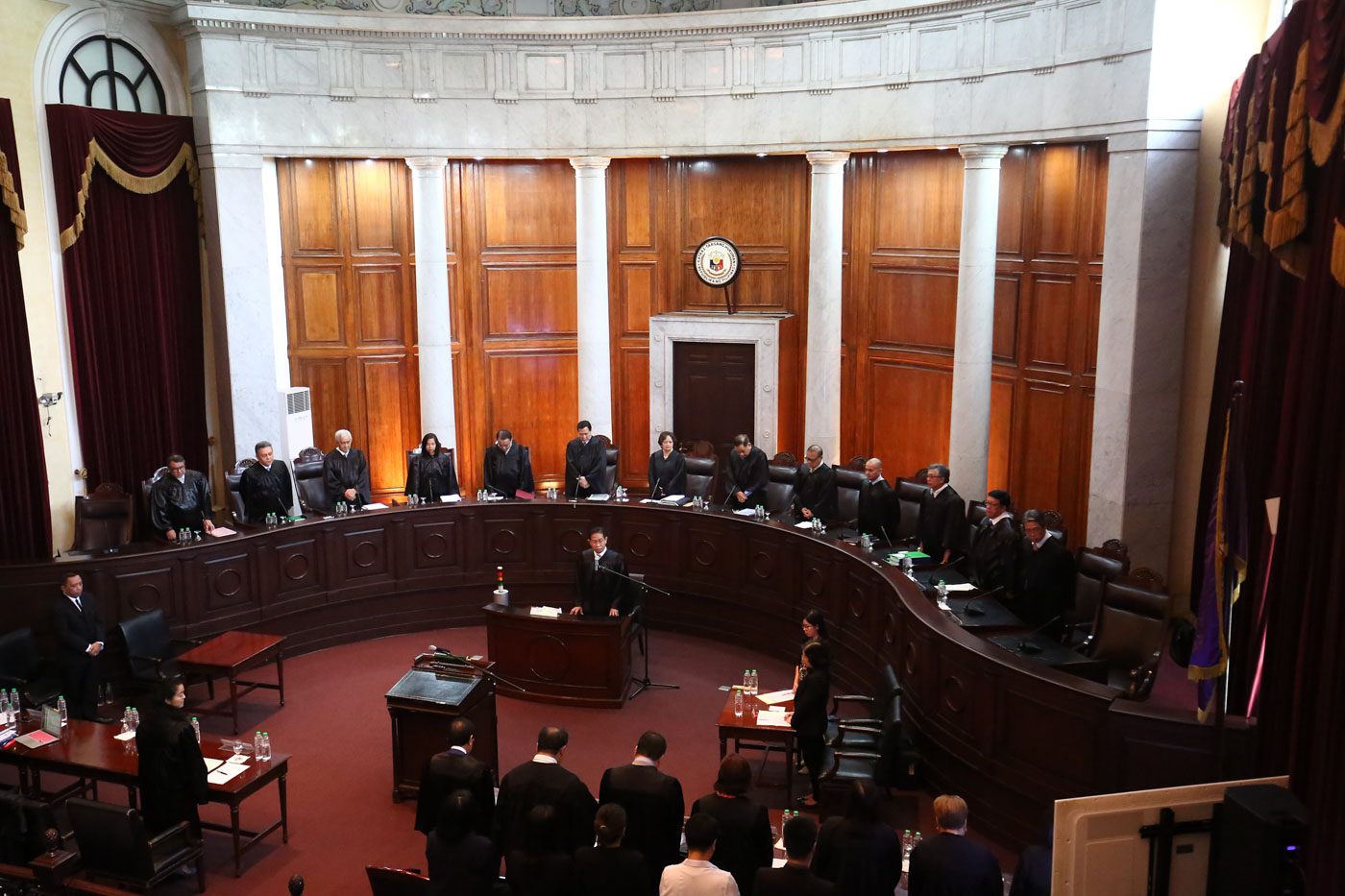
With civil liberties threatened by the anti-terror law, hopes are pinned more and more on the Supreme Court to step in and bring back confidence in the judiciary one step at a time.
“There’s the anti-terror law petition, there’s the tokhang case that the Free Legal Assistance Group (FLAG) filed, that’s still pending, those are for me, the big cases where we can see if the Supreme Court can be relied upon,” said constitutional law professor Tony La Viña in a recent webinar on the clampdown on human rights, organized by the Free Leila Committee.
La Viña was referring to the current 30 petitions to challenge the anti-terror law and the 3-year-old petitions to declare President Rodrigo Duterte’s war on drugs unconstitutional.
But those overarching cases are not the only ones which can make a difference in civil liberties of Filipinos, including for example, the recent decision of the tribunal on illegal searches of a moving vehicle. The Supreme Court recently voted 11-3 to rule that security forces cannot search a moving vehicle based on an anonymous tip.
Is it a sign that the Supreme Court – battling perceptions of being partial to Duterte – is independent?
Former Supreme Court spokesperson Ted Te cautioned against viewing that decision as a catch-all ruling on all searches and seizures. He said that it applies only to the specific case of a moving vehicle and anonymous tips.
What is noteworthy, said Te, is that the ponente – Associate Justice Benjamin Caguioa – managed to get a majority of 11 votes. Caguioa usually finds himself on the lonely side of dissents, alongside fellow Aquino appointee Associate Justice Marvic Leonen.
“If that is an indication of how they may vote on a similar issue – many of the arguments raised in the anti-terror law petitions deal with civil liberties, so if that is how they could vote possibly on a draft that is largely in favor of civil liberties, then that is a great sign,” said Te in the same webinar.
The two pending petitions against Duterte’s war on drugs also ask the same questions on civil liberties, but they have been pending since 2017.
“I’m not overly optimistic, I’m just hopeful,” said Te. (READ: During pandemic, Supreme Court favors Duterte twice and makes others wait)
Easier to convince SC than DOJ
There have been 182 activists and human rights defenders, and 136 people involved in grassroots work killed since 2016 under the Duterte administration, the most recent being Anakpawis chairman Randall Echanis and Negros activist Zara Alvarez.
“Unfortunately in the Philippines right now, there is less examination of impunity and accountability that’s happening in the provinces, in the local governments. because it’s more dangerous to do that,” said International Commission of Jurists (ICJ) senior international legal advisor Emerlynne Gil in the same webinar.
Te said the extraordinary protective writs have become less and less reliable for activists, the writs being weakened by no less than a decision from the Supreme Court itself.
Te was referring the 2015 case Zarate vs Aquino where the Supreme Court denied activists the privileges of the writs of amparo (protection of fundamental constitutional rights) and habeas data (the right to rectify erroneous personal information), saying that their inclusion in military intelligence lists “has no direct relation to the circumstances (they) experienced.”
“I totally disagree with that resolution, but again, that’s the Court speaking, and unless the Court reverses that particular decision in an appropriate case, then the writ of amparo has really been weakened,” said Te.
Te said the key is to file appropriate cases to give the Supreme Court a chance to “roll back some of these rulings that have not helped the writ.”
Charges filed against activists and human rights defenders have also reached a peak under Duterte, beating the records of Gloria Macapagal Arroyo and Benigno “Noynoy” Aquino III in their full terms. Te said the intent has never been to convict the activists – it was enough they were charged.
At the heart of this are prosecutors who approve the charges – and they are under the more political Department of Justice.
“Another way is to convince the authorities and the DOJ that it is unproductive to pursue charges simply for the purpose of pursuing them, but I think it’s more difficult to convince them than convincing the Court to roll back some of the decisions,” said Te.
International obligations
Gil said the Philippines has become “an outlier in the international community,” not just for its human rights records but also for its unilateral withdrawal from the International Criminal Court.
Another obligation under the International Covenant on Civil and Political Rights is at stake in the Duterte administration’s renewed push for the death penalty.
Can the President really abandon an international obligation again?
The simple answer is yes – because he has done it before with the ICC.
There are two separate cases questioning Duterte’s unilateral power to withdraw from international commitments – one concerning the ICC, and the second concerning the Visiting Forces Agreement. They are both still pending.
“Ang susi dun (the key there is) a Court that will say no, if the Court says no you can’t do that, then that would put some sort of check and balance,” said Te.
The 15-man bench of the Supreme Court is filled with 11 Duterte appointees, soon to be 12. – Rappler.com
Add a comment
How does this make you feel?

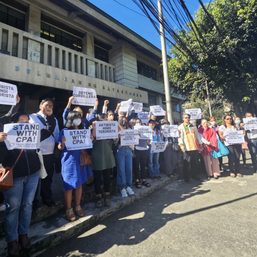
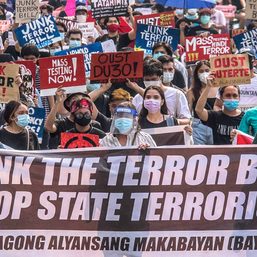
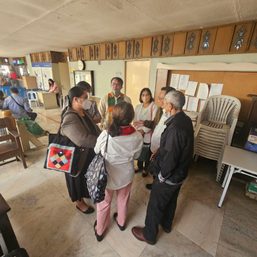
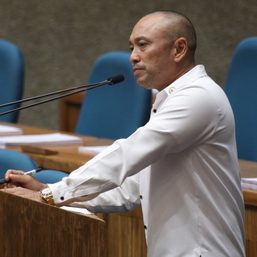
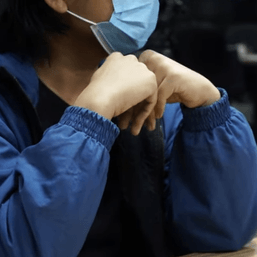
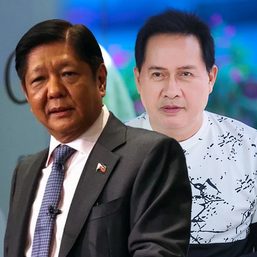


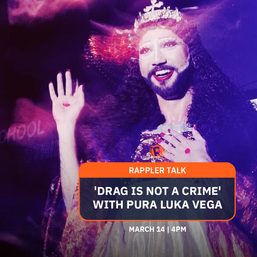
There are no comments yet. Add your comment to start the conversation.